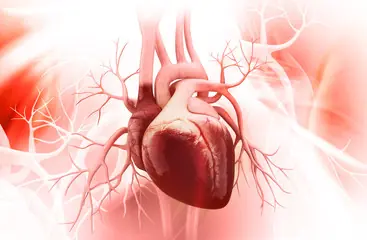
15 Common Cancer Symptoms You Shouldn’t Ignore
15 Common Cancer Symptoms You Shouldn’t Ignore
Hindsight can be harmless at times, and critical at others. While forgetting a minor task might lead to a small inconvenience, overlooking persistent medical symptoms, especially those that could signal cancer, can have far more serious consequences.
According to recent estimates, cancer continues to be a significant health challenge globally. For instance, in the United States alone, the American Cancer Society projects over 2 million new cancer cases and more than 618,000 cancer deaths in 2025. Late detection, often due to overlooked symptoms, can allow the disease to progress, making treatment more challenging. The deceptive nature of these symptoms lies in their resemblance to common, benign occurrences. However, when the following seemingly mundane symptoms persist, it's crucial to consult a physician for evaluation.

Key Cancer Symptoms to Watch For:
-
Bleeding Between Periods (Women Only) Light spotting outside of your regular menstrual cycle can be attributed to hormonal shifts, cervical inflammation, stress, or blood thinners. However, if this spotting occurs repeatedly, it warrants a physician's evaluation to rule out potential endometrial cancer in the uterus.
-
Persistent Bloating (Women Only) Bloating is a common complaint linked to dietary habits, indigestion, premenstrual syndrome, and pregnancy. Yet, if bloating persists for longer than two weeks or is accompanied by bleeding and unexplained weight loss, it could be a sign of ovarian cancer. If you experience such symptoms, consult your doctor.
-
Changes in Your Testicles (Men Only) Any new lump, swelling, pain, discomfort, or other noticeable change in a testicle should prompt immediate medical attention. These can be indicators of testicular cancer, which can progress rapidly. Regular self-examinations (recommended monthly for men aged 15 to 55) can help identify any changes early.
-
Urinary Problems (Men Only) As men age, an enlarged prostate gland is common and can cause frequent urges to urinate (especially at night), difficulty initiating urination, or a weak stream. While these are often benign, they can also be symptoms of prostate cancer. A doctor's visit is essential to determine the cause.
-
Breast Changes (Men and Women) Breast cancer affects both men and women. Obvious signs that should be immediately evaluated by a specialist include changes in breast structure, the appearance of new lumps, or alterations in the skin or nipple (such as dimpling, redness, or inversion). It's important to remember these signs aren't definitive proof of cancer but require expert assessment to clarify. There can also be less conventional indicators that many people overlook; always seek professional advice for any suspicious breast changes.
-
Blood in Urine or Feces Healthy digestion is vital. If you experience discomfort during digestion and notice any blood (redness) in your feces or urine, seek immediate medical attention. This can be a key indicator of colon or kidney cancer.
-
Mole Changes Skin cancer is one of the most common cancers. A significant indicator of potential skin cancer, especially melanoma (a more aggressive form), is a change in an existing mole or the appearance of a new one. The Skin Cancer Foundation recommends the ABCDE method for evaluating moles: Asymmetry, Border irregularity, Color variation, Diameter (larger than 6mm), and Evolving (any change in size, shape, or symptoms).
-
Sudden, Unexplained Weight Loss While sudden weight loss might seem desirable to some, if you experience significant weight loss without any intentional changes in diet or physical activity, it's a cause for concern rather than relief. This symptom can have many explanations, but the possibility of pancreatic, lung, or stomach cancer should not be ruled out.
-
Ongoing Unexplained Pain Pain can arise from countless conditions. However, persistent, unexplained pain lasting a month or longer could signal various cancers, including bone or brain cancer. Any suspicious, prolonged, and unexplained pain should be discussed with your doctor.
-
Unusual and Persistent Fatigue Feeling tired is a normal part of modern life. But if you experience persistent, overwhelming tiredness that doesn't improve with adequate rest and a reasonable diet, and it significantly impacts your daily functioning, it's important to investigate the underlying cause with a physician.
-
Difficulty Swallowing (Dysphagia) Occasional throat swelling or dryness making swallowing difficult is common. However, if you regularly experience trouble ingesting foods or liquids, this symptom (known as dysphagia) can sometimes be caused by cancer in the mouth, throat, or esophagus. A medical evaluation is crucial if this becomes a regular occurrence.
-
Persistent Cough A cough is a very common and usually temporary symptom. However, if a cough persists for several weeks, especially if accompanied by pain, shortness of breath, or the coughing up of blood, it warrants immediate medical attention. Smokers, in particular, should be highly vigilant about persistent coughing, as it is a common sign of lung cancer.
-
Chronic Heartburn Heartburn is familiar to many, often linked to diet or biological predispositions. Yet, if heartburn persists despite attempts to alleviate it with routine changes, it's important to uncover the root cause. Chronic heartburn can be an indicator of cancers of the ovaries, stomach, or esophagus. Studies suggest that persistent heartburn may elevate the risk of throat cancer, necessitating prompt medical evaluation.
-
Persistent Fever Fevers are common responses to infection. However, if a fever refuses to subside, recurs frequently without clear cause, or occurs in severe conditions, it should be a concern. Many types of cancer can be accompanied by long-standing or recurrent fevers.
-
Changes in Lymph Nodes The lymphatic system is crucial for fighting infections and managing fluid and waste in the body. Lymph nodes commonly swell in areas like the neck, groin, and underarms due to common infections. However, persistent or unexplained swelling of lymph nodes can also be a symptom of certain cancers, including leukemia and lymphoma.
Consult a Doctor Before You Worry
While this list might seem alarming, it's important not to panic immediately. Each of these symptoms can be tied to far less serious ailments than cancer. Don't let anxiety take over; instead, take the proactive step of seeking a thorough evaluation by a healthcare professional if you experience any persistent or concerning symptoms mentioned above. Early detection significantly improves outcomes, so when in doubt, get it checked out.
News in the same category


The Anti-Cancer Diet: Evidence-Based Cancer-Fighting Foods for Prevention

If Your Nails Show These Signs, Get Checked Immediately
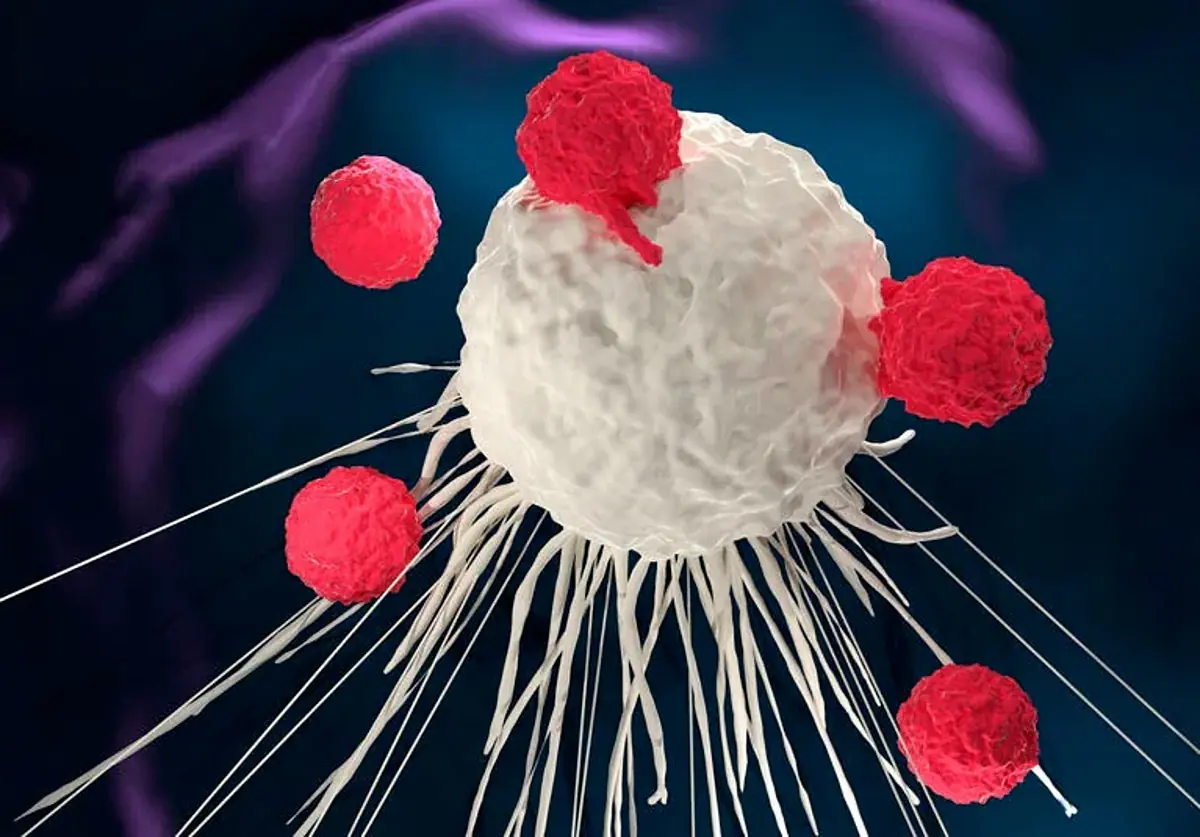
How Long a Person Can Live: You Can Tell Just by Looking at These 4 Key Areas
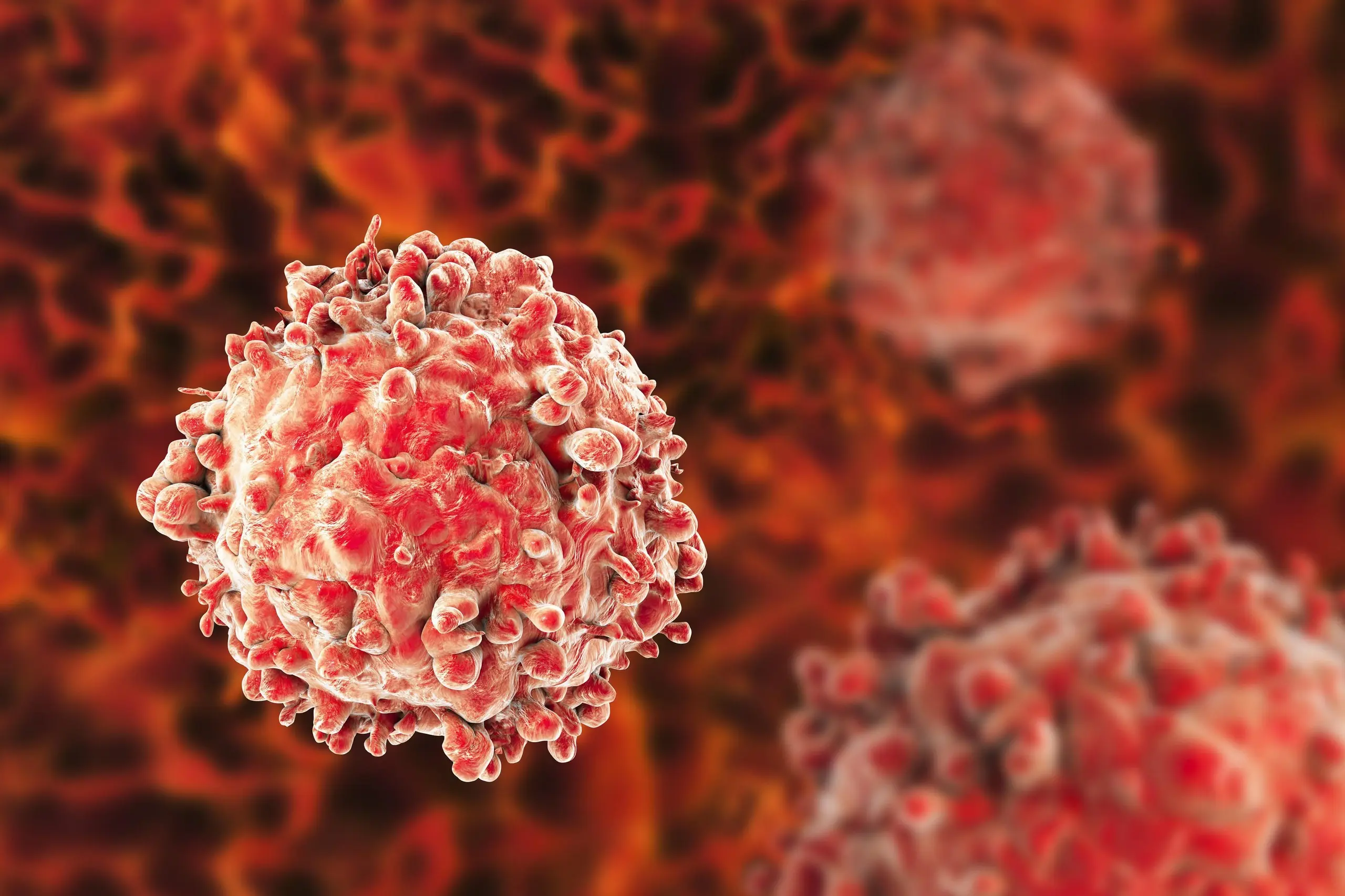
A Newly Discovered Drink That Fights Cancer: It's Not Tea or Coffee

Proven Health Benefits of Celery & Nutritional Facts (Evidence-Based)

Mold Illness: What It Is, Hidden Signs, and How to Protect Your Home

80% of Heart Attacks Are Preventable: Embrace These 5 Simple Habits
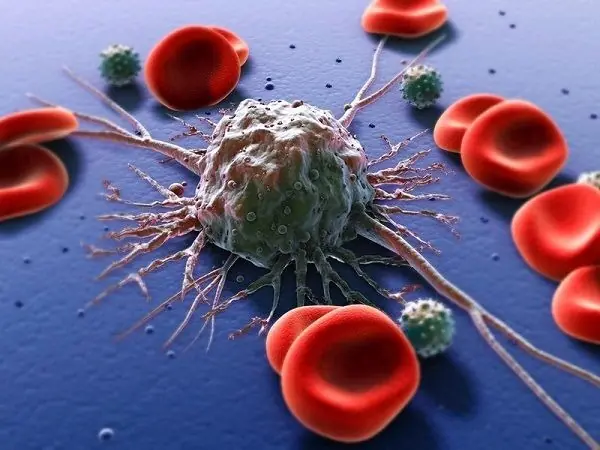
Is Cancer Hereditary? Helpful Tips to Prevent the Growth of Cancer Cells
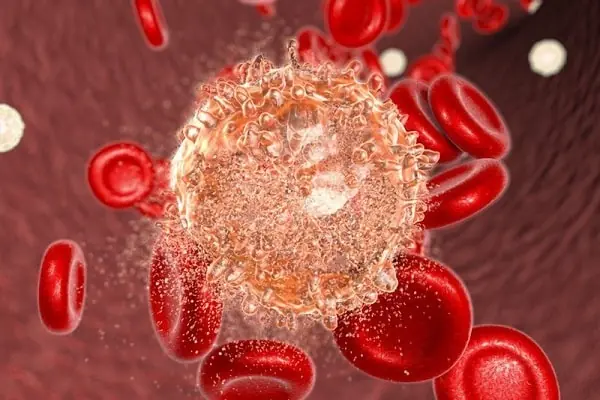
Warning from Hospitals: Eating This Type of Meat Every Day Can Increase Cancer Risk – Don’t Be Complacent!
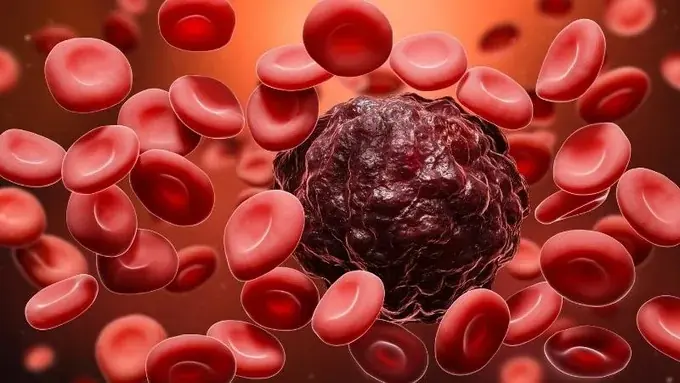
3 Pain Areas on the Body That Could Signal Early-Stage Cancer: Don’t Delay, or It Could Spread

Natural Solutions for Gout: Tackling Uric Acid to Prevent Pain

Don't Ignore These 15 Common Cancer Symptoms: A Guide to Early Detection
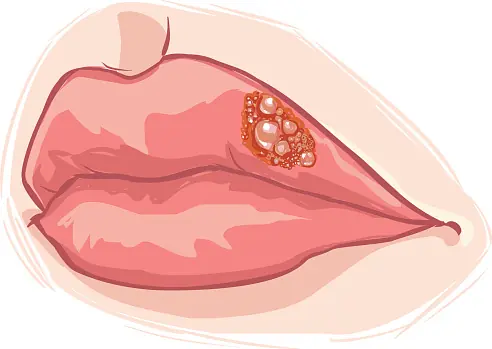
5 Hidden Nutritional Deficiencies You Likely Have (and How to Fix Them)

3-Year-Old Girl Bites and Swallows Mercury from a Broken Thermometer — Her Mother’s Quick Thinking Saves Her Life and Earns Praise from Doctors
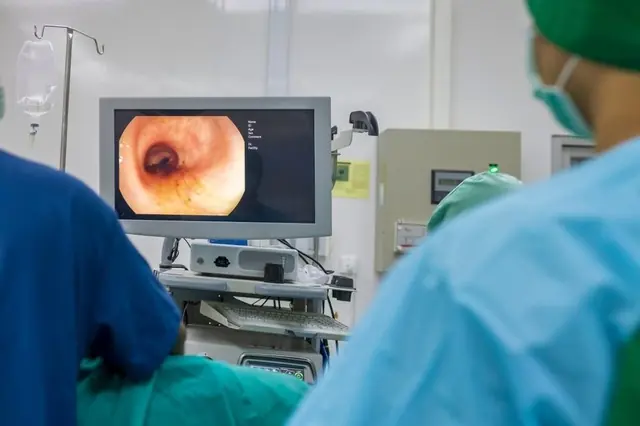
More and More Young People Are Suffering from Colon Cancer — Doctors Warn: Eat Less of These 3 Things!
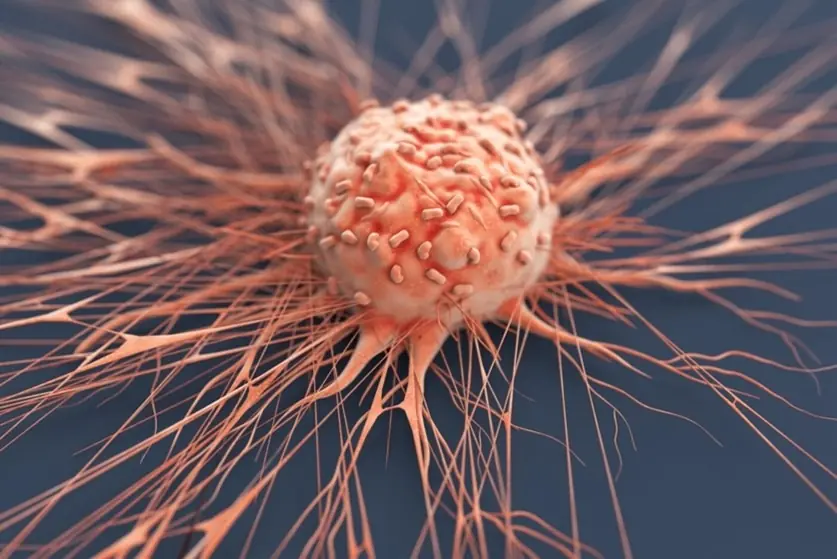
Diagnosed with Late-Stage Stomach Cancer, I Painfully Realized: 3 Foods Left Too Long in the Fridge Were the "Accomplices"

Waking Up to Shoulder Pain: Causes, Solutions, and How to Sleep Soundly
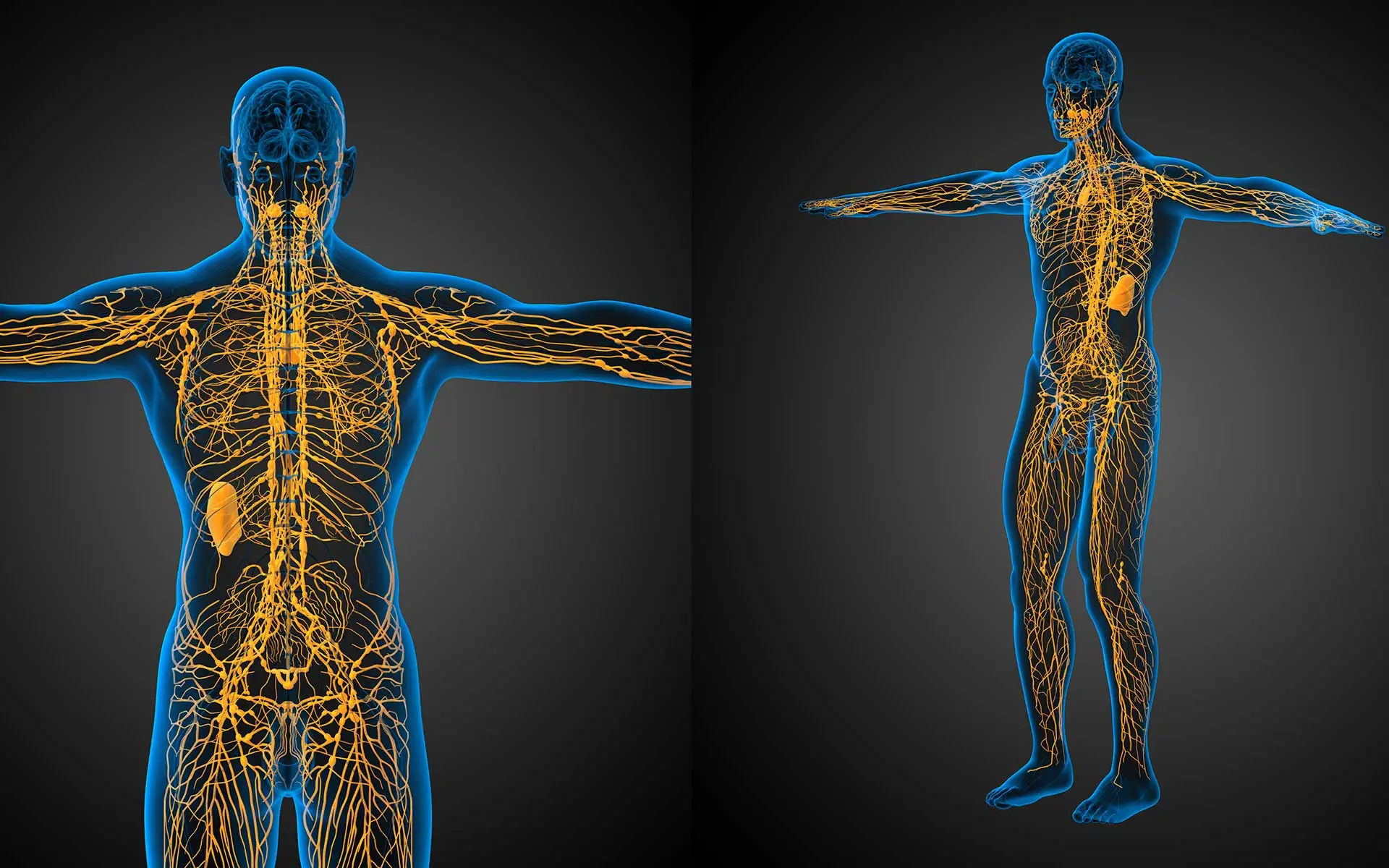
Your Lymphatic System: A Hidden Key to Lifelong Health
News Post

The Ultimate Stand: A Woman's Fight to Reclaim Her Dream Home from Entitled In-Laws and an Irresponsible Husband
Discover the inspiring story of a woman who worked tirelessly to build her dream home, only to have it claimed by her husband’s family. A tale of strength, resilience, and the ultimate stand for respect and self-worth.

Lip Reader Reveals Shocking Words CEO Said To Woman On Coldplay Kiss Cam

3 Incredible Airplane Stories That Will Leave You Speechless
Discover three shocking and heartwarming true stories that prove anything can happen when you’re 30,000 feet in the air. From conmen to surprising proposals, these tales will leave you in awe.

I Didn't Tell My Husband's Family I Speak Their Language, and It Helped Me Uncover a Sh0cking Secret About My Child
What happens when secrets are buried in a marriage? Discover how a simple misunderstanding and language barrier uncovered shocking truths. Read the story of betrayal, love, and trust in this emotional tale.

“I’m Done Paying!” — The Day She Finally Stood Up to Her Husband’s Family Li3s
Alina, tired of being the financial lifeline for Sergey and his mother, decides it’s time to put herself first. After uncovering the truth about their living situation, she confronts Sergey, forcing him to face the consequences of his neglect. What foll

She Was Paying Rent for Two Years — Until a Stranger in the Elevator Said One Sentence That Changed Everything
For two years, she thought she was paying rent — until a neighbor revealed the apartment belonged to her husband’s mother. Anna quietly uncovered the truth behind the monthly payments, and when the facts were undeniable, she chose to walk away — wi

A little girl shares her lunch with a hungry classmate — years later he shows up at her wedding, and who would have thought
In the noisy cafeteria of an elementary school, a little girl named Lilia noticed a lonely boy with an empty tray. She shared her lunch, expecting nothing in return. Years later, as she stood at the altar in her wedding dress, that same boy—now a succes

Homeless Dad of Four Gives His Last $2 to a Stranger—Wakes Up to a Life-Changing Surprise!
When Brandon, a homeless father of four, gave his last $2 to help an elderly man buy a bottle of water, he had no idea that simple gesture would turn his life upside down. The next day, he inherited a massive company and a lavish estate—only to find him

After the Divorce, My Dad Always Chose His New Family's Kids—But He Didn't Expect This at My Graduation Party
They say family is everything, but sometimes, it’s the family that hurts you most. My name is Sharon, and I’ll never forget the day my father’s favoritism towards his new family crossed the line—only to learn the hard way that actions have consequ

"She Ignored His Letters for 53 Years, But When She Finally Visited Him, She Found a Life Sh@ttered"
They say your first love never fades, but for Bessie Walsh, it wasn’t just her first love that she’d never forgotten—it was the unresolved past that had stayed with her for over five decades.

"My Sister-in-Law Made My Mom Sleep on the Floor During a Family Trip—Here’s What Happened Next"
They say family is everything. But sometimes, family can hurt you in ways you’d never expect. My name is Sharon, and I’m about to tell you how my sister-in-law turned what should’ve been a beautiful family trip into the most humiliating experience f

My Husband and His Mother Tried to Take Our Apartment to His Sister — But My Mom's Response Shut Them Down for Good
When a young wife’s husband and mother-in-law suggested giving away her apartment to his sister, her mother’s calm but powerful response stunned the entire family. A story of betrayal, boundaries, and quiet strength.

10 Habits That Harm Your Heart That You Probably Didn’t Know About

The Anti-Cancer Diet: Evidence-Based Cancer-Fighting Foods for Prevention

If Facebook Is Not Spying on Us, Why Do We Get Ads for Things We Speak About?

We are receiving strange radio signals from deep beneath the Antarctic ice. No one knows why.

Healing Power And Important Safety Tips Of Castor Leaves

Man Kicked Out of Dubai on £3,000 Holiday Over His Face Tattoos
